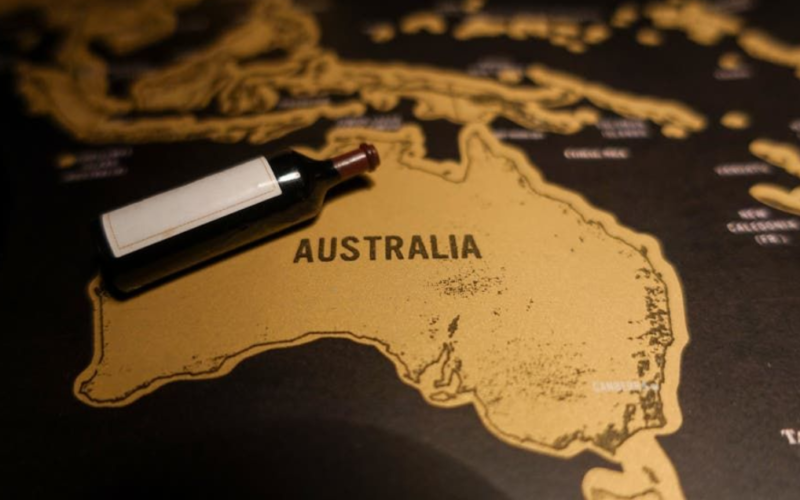In a significant development aimed at improving bilateral ties, China announced that it would conduct a review of anti-dumping and anti-subsidy tariffs imposed on Australian wine imports. This decision comes as both countries work towards finding common ground and resolving disputes, particularly in the trade sector.
The Chinese Commerce Ministry, in an official statement, revealed that the review process would commence immediately. Last month, China and Australia had mutually agreed to address their concerns through the World Trade Organisation (WTO), specifically focusing on the long-standing issue of wine tariffs. The anti-dumping tariffs, initially set to expire in 2026, have become a focal point of contention between the two nations.
Shu Jueting, a spokesperson for the Commerce Ministry, emphasized the commitment to a thorough and fair review process during a regular news conference in Beijing. “The Ministry of Commerce will carry out a review in accordance with the law to fully protect the rights of all stakeholders,” stated Shu. She added that the review would be conducted objectively, fairly, and transparently, taking into account the perspectives of each interested party and examining the available evidence.
Interested parties and stakeholders have been invited to submit written comments within a stipulated period of 20 days. This inclusive approach seeks to ensure that the review process considers diverse viewpoints and adheres to established legal procedures.
The backdrop of this move is the significant impact of China’s decision to impose a hefty 218% tax on most Australian wine imports in early 2021. This move substantially disrupted a trade relationship that was previously valued at up to $1.2 billion annually. The initiation of a review offers a ray of hope for the revival of this crucial economic exchange.
The diplomatic and economic relationship between China and Australia has faced challenges in recent years, with trade disputes and geopolitical tensions dominating the narrative. The decision to review the anti-subsidy tariffs on Australian wine imports is seen as a potential step towards de-escalation and normalization of trade relations between the two nations. The coming weeks will likely witness the submission of comments by various stakeholders, shaping the trajectory of this crucial review process and its implications for the broader China-Australia relationship.








